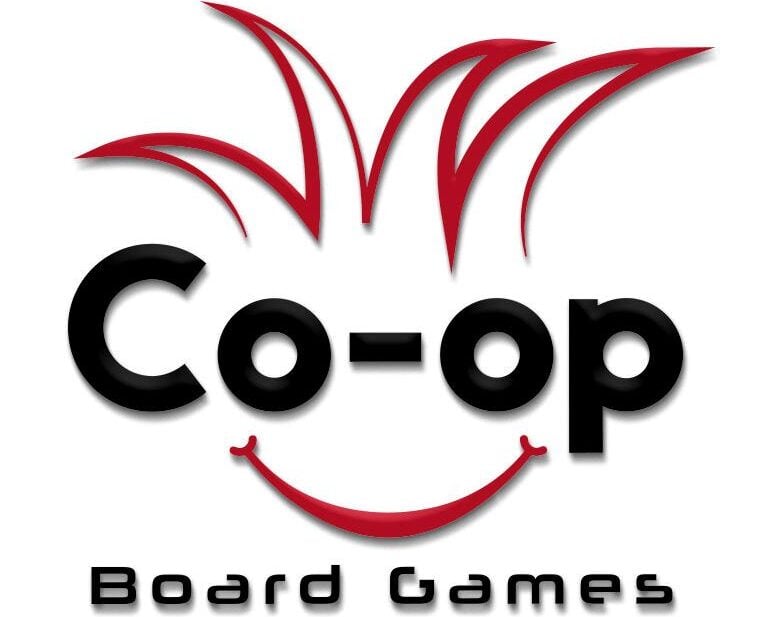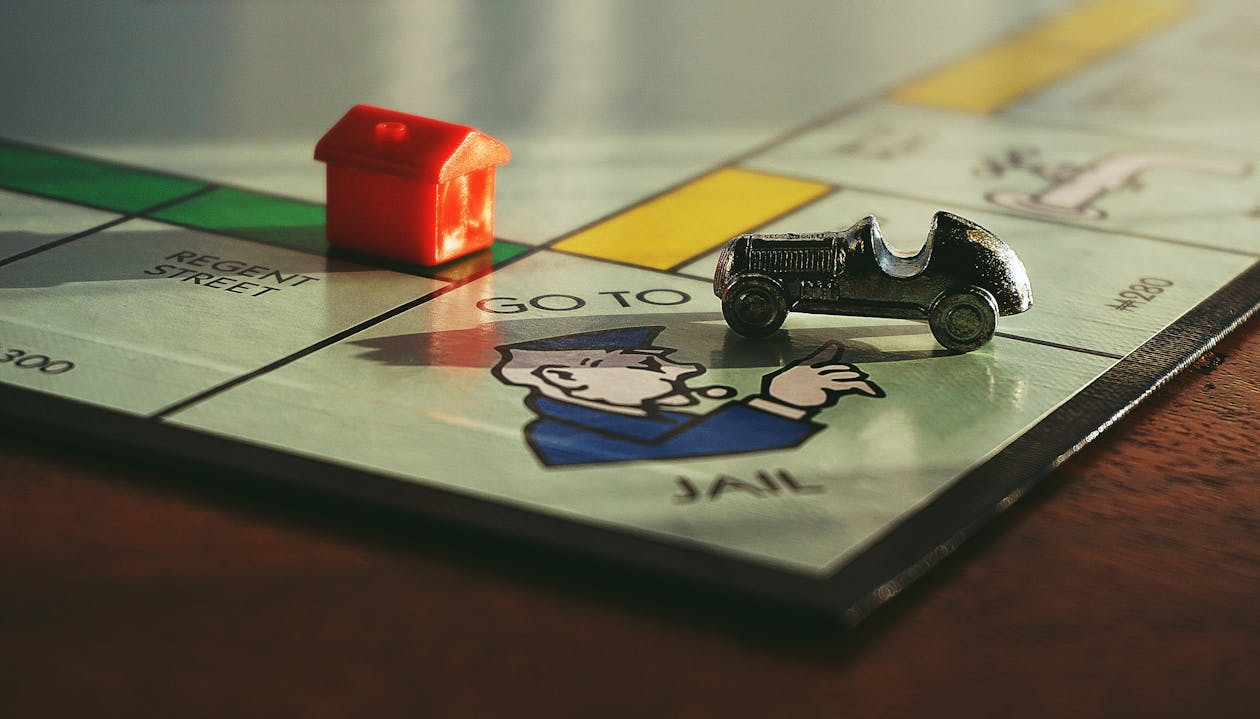Classic Games Reimagined: Present Day Remakes
Most gamers have experienced it – you’re scrolling through a digital storefront and spot a game you played years ago. Could be a platformer that ate up your afternoons in middle school.
Could be those poker variations your uncle taught you at family reunions. Either way, these titles leave an impression, and publishers have figured out there’s real demand for bringing them back.
The remake phenomenon has spread across every corner of gaming. Console titles are getting rebuilt from scratch, mobile games are resurrecting arcade classics, and even the casino world has jumped in.
Classic slots and traditional table games are getting complete overhauls with modern graphics and features that weren’t possible before.
Publishers have noticed that remaking games people already loved tends to be safer financially than pouring money into something completely new and unproven.
Every studio approach remakes a bit differently. Some stay closer to the source material than others. But generally, the goal is to fix the technical problems and dated elements while leaving the core experience intact.
The Video Game Renaissance
Video game remakes have exploded over the last ten years. Games like Final Fantasy VII Remake and Resident Evil 2 didn’t just get prettier graphics – development teams tore them down and built them back up entirely.
The financial results speak for themselves. According to IGN’s coverage, many of these remakes have actually sold better than completely original games.
Take Resident Evil 2 as an example. The original from 1998 used fixed camera angles and tank controls – that was just how survival horror games worked back then. When they remade it in 2019, they switched to an over-the-shoulder perspective and redid the controls from scratch.
What’s interesting is how different it plays now, yet it still nails that claustrophobic, tense feeling the original had. That’s the trick developers are trying to pull off – modernize the gameplay without losing whatever mood made the game memorable.
The past few years have seen plenty of examples. Capcom’s Resident Evil 4 remake sold well and got positive reviews. Sony used the Demon’s Souls remake as one of the big launch titles for PlayStation 5. Nintendo brought Link’s Awakening back for the Switch.
Each one required significant development resources and effort to get right – these weren’t just quick texture upgrades pushed out to make a buck.
Why Remakes Resonate?
Nostalgia definitely factors into why remakes work. But that’s not the whole story. A lot of younger players missed these games when they originally came out – they were too young or weren’t gaming yet.
Going back to play a game from 1998 or 2005 means dealing with controls and graphics that can feel rough by modern standards. Remakes let these players experience what the fuss was about without the friction.
For older gamers who did play the originals, remakes offer something different – a chance to see how these games hold up with modern technology. Sometimes you realize the gameplay was always solid, it just needed better presentation.
There’s also a practical side. Many classic games had bigger ambitions than the hardware could handle at the time. Remakes let developers finally deliver on that original vision.
Shadow of the Colossus is probably the best example – the 2018 remake looked like what many players swore they remembered from the PS2 version, even though the 2005 graphics were actually much rougher.
Studios have done the math. Spending a huge budget on a completely new IP means taking on massive risk. A remake of something that already sold millions? That’s got a built-in fanbase ready to buy it, which makes the investment easier to justify.
The Casino Gaming Evolution
The casino gaming sector has followed a similar path. Those mechanical three-reel slot machines from decades ago? They’ve transformed into elaborate video slots with detailed bonus rounds, sharp animations, and actual storylines.
The smart move here is that modern versions kept the traditional fundamentals of spins and matching symbols, developers have just enhanced the experience rather than replacing it entirely.
Traditional table games got the same treatment. You can now play blackjack, roulette, and poker variations online that wouldn’t make sense in a physical casino. Some versions include side bets or features that would slow down a real table too much.
Live dealer games have become popular because they split the difference – you get to play from your couch, but there’s an actual person dealing cards and spinning wheels in real time on camera.
Finding the Right Balance
Every remake faces the same challenge: what stays and what goes? Push changes too far and you’ll anger fans of the original. Play it too safe and you’ll get accused of just updating textures and calling it a day.
The most successful remakes tend to follow a pattern. Upgrade the technology and quality-of-life features but leave the core experience alone. Better controls, sharper visuals, faster load times – players expect all that. The fundamental gameplay and atmosphere that people originally connected with? Developers know better than to mess with that.
The Crash Bandicoot N. Sane Trilogy shows one way to handle it. The team rebuilt everything visually and redid the physics engine, but they copied the level layouts almost exactly from the originals.
Players got something that looked current-gen but played just like they remembered – though some discovered those levels were actually harder than their memories suggested.
What Comes Next?
The remake wave isn’t stopping anytime soon. Modern hardware and development tools have reached a point where studios can tackle games that would’ve been too difficult to remake five years ago. PlayStation 2 and original Xbox titles are getting announced regularly, and even some old arcade games are in the pipeline.
This goes beyond just making money off the past. There’s an element of preservation involved. Plenty of classic games can’t run on current hardware anymore without workarounds. Remakes keep these games accessible instead of letting them fade away.
A rebuilt slot machine with modern graphics serves the same function as a classic action game remade for PlayStation 5. Both give new audiences access to experiences they missed while reminding longtime fans what got them hooked on gaming originally. The industry keeps finding ways to package that appeal, and players keep responding.
The combination of familiar gameplay with modern presentation continues to work. As long as developers can nail that balance, remakes will remain a major part of the gaming landscape.

